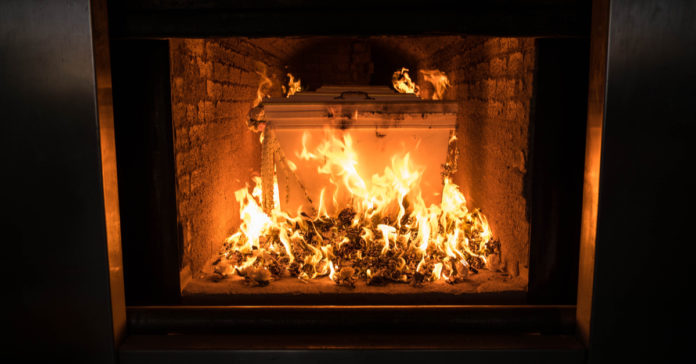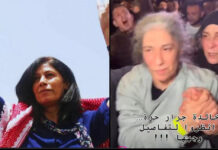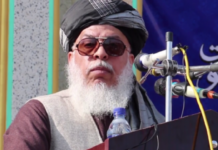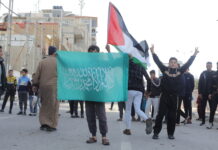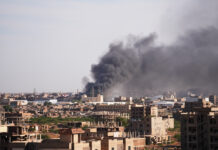The Sri Lankan authorities have forcibly cremated two Muslim COVID-19 victims despite World Health Organisation advice that burials are an acceptable way of disposing of bodies.
Bishrul Hafi Mohammed Joonus, a 73-year- old man from the capital Colombo, was the second Muslim to have been cremated in the Indian Ocean island nation which has registered 151 cases so far.
Bishrul’s son Fayaz Joonus, 46, said his father, who had a kidney disorder, tested positive for the virus about two weeks ago. He died on April 1 and was cremated the following day.
Fayaz said they could not perform Janazah prayers for his father due to fear of infections.
“My father was taken in a vehicle under the supervision of the police force and was cremated. We did some prayers outside the morgue, but it was not a Janazah that us Muslim typically do,” Fayaz told Al Jazeera.
“The government needs to make arrangements for us Muslims to be able to bury our loved ones in accordance with our Islamic burial rites.”
He added: “If there is an option of burial, our government should accommodate. Cremation is not the only option, we want to bury our loved ones as per the Islamic way.”
Subscribe to our newsletter and stay updated on the latest news and updates from around the Muslim world!
Sri Lanka’s Ministry of Health on Tuesday issued COVID-19 guidelines saying the standard procedure of disposing bodies should be cremation, reversing an earlier guideline that allowed traditional Muslim burial. It also said the body should not be washed and placed in a sealed bag and a coffin, contrary to the Islamic practice of washing the body.
Muslim leaders and activists have pointed out that the World Health Organization (WHO) allows both burial or cremation for people dying due to the pandemic.
Amnesty International has also called on authorities to “respect the right of religious minorities to carry out the final rites” according to their own traditions.
“At this difficult time, the authorities should be bringing communities together and not deepening divisions between them,” Biraj Patnaik, South Asia director at Amnesty International, said in a statement.
“Grieving relatives of people who have died because of COVID-19 should be able to bid farewell to their loved ones in the way that they wish, especially where this is permissible under international guidelines.”
Muslims account for 10 percent of Sri Lanka’s 21 million population. But their relationship with the majority Sinhala Buddhists deteriorated in the years after the end of civil war in 2009 during which hardline Buddhist groups were blamed for several attacks against Muslims’ businesses and places of worship.
Last year’s Easter Sunday attacks on churches and hotels in the country, which were blamed on an ISIS-inspired group, have further heightened communal tensions.




